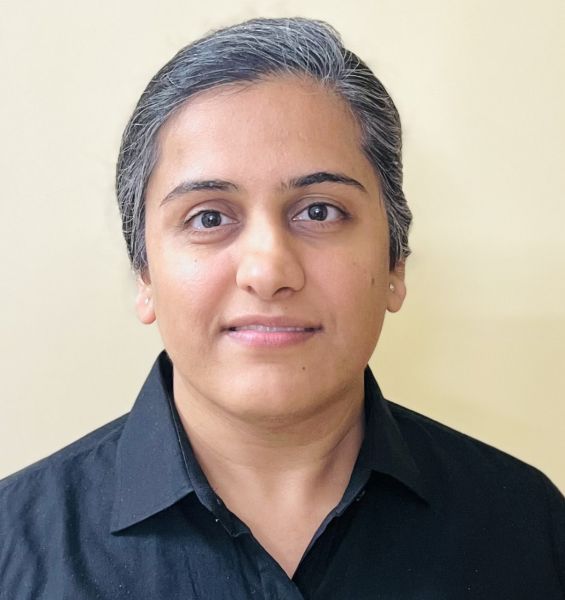Google has announced new strategies to take action against the rising threat of AI-generated deepfakes, particularly explicit content involving individuals without their consent. The update includes easier reporting mechanisms and changes to search rankings.

Google has announced new strategies aimed at tackling the growing issue of AI-generated deepfakes, particularly those featuring explicit or harmful contexts without their consent. As the misuse of AI technology becomes more prevalent, the company is stepping up its efforts to protect users by enhancing its Search ranking system and simplifying the process for reporting offensive content. These changes are designed to offer better safeguards and ensure that harmful AI deepfakes are less likely to appear in search results.
These updates are part of Google’s broader commitment to improving user safety and privacy amid increasing concerns about AI deepfake technology. By making it easier for victims to report and remove harmful content, and by adjusting its Search algorithms to limit the visibility of explicit deepfakes, Google aims to provide better protection and reduce the impact of such content on individuals. Despite these advancements, the company acknowledges that ongoing efforts and industry-wide collaboration will be crucial in effectively combating the spread of AI-generated deepfakes.
Enhanced reporting and removal procedures
Google’s updated approach includes a streamlined process for victims to file complaints about offensive websites. Previously, users could request the removal of explicit AI deepfakes, but the new system allows for quicker and easier reporting. Additionally, Google will now work to eliminate duplicate instances of derogatory content across the web, leveraging insights gained from managing other forms of illicit content.
“These efforts are designed to give people added peace of mind, especially if they’re concerned about similar content about them popping up in the future,” Google’s statement reads.
This move aims to provide users with greater control and protection against the spread of harmful AI-generated content.
Improved search ranking system
Another significant update is Google’s enhancement of its Search ranking system. The company plans to push AI-generated not safe for work (NSFW) content lower in search results to limit its visibility. For searches involving specific names, Google will prioritise high-quality, non-explicit content to reduce the prominence of AI deepfakes.
Google will also consider demoting websites with numerous reports of AI deepfakes, aiming to curtail their reach from the source. The combination of these strategies is expected to reduce the incidence of harmful content by up to 70%. However, Google acknowledges that this is not a complete solution.
“These changes are major updates to our protections on Search, but there’s more work to do to address this issue, and we’ll keep developing new solutions to help people affected by this content,” the company notes.
Collaborative efforts and future solutions
Google executives recognise that these updates alone cannot solve the problem of AI-generated explicit content. They emphasise the need for industry-wide collaboration to develop effective solutions. Several tech giants are exploring joint strategies to balance free speech with user protection.
Regulators are also becoming more involved, providing new guidelines for AI developers and users. Experts suggest that integrating AI with blockchain technology could enhance the verification of AI-generated content, helping to safeguard victims. For AI to work right within the law and thrive in the face of growing challenges, it needs to integrate an enterprise blockchain system that ensures data input quality and ownership.
As Google continues to evolve its policies and explore new technologies, it remains committed to protecting users from the adverse effects of AI deepfakes and ensuring a safer digital environment.

Pallavi Singal is the Vice President of Content at ztudium, where she leads innovative content strategies and oversees the development of high-impact editorial initiatives. With a strong background in digital media and a passion for storytelling, Pallavi plays a pivotal role in scaling the content operations for ztudium’s platforms, including Businessabc, Citiesabc, and IntelligentHQ, Wisdomia.ai, MStores, and many others. Her expertise spans content creation, SEO, and digital marketing, driving engagement and growth across multiple channels. Pallavi’s work is characterised by a keen insight into emerging trends in business, technologies like AI, blockchain, metaverse and others, and society, making her a trusted voice in the industry.









